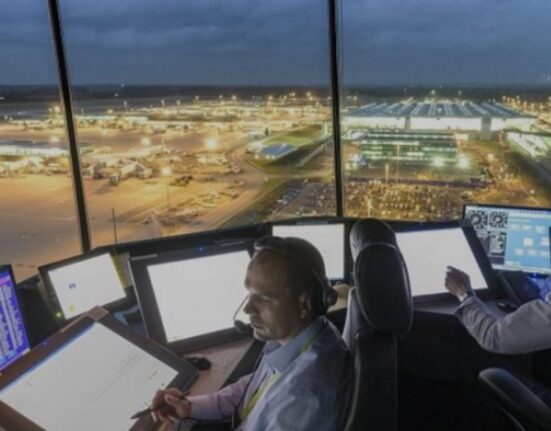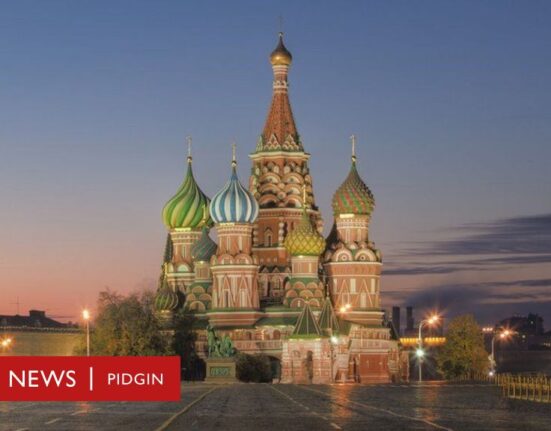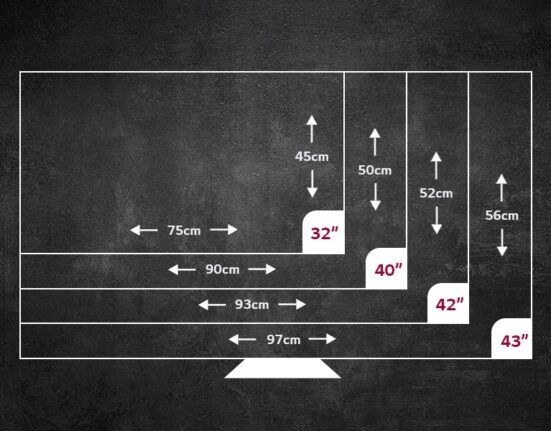UN inspectors have departed Iran as Tehran severs ties with the International Atomic Energy Agency. Now, without oversight, monitoring Iran’s nuclear activities becomes a murky and concerning issue. The absence of inspectors raises questions about the direction of Iran’s nuclear program and stirs apprehensions about potential escalations in geopolitical tensions.
In the recent past, Israel carried out strikes on Iran, alleging that Tehran was nearing the capability to develop a nuclear weapon. These attacks were supported by the United States, which targeted critical Iranian nuclear sites in solidarity with its ally. However, in response to mounting pressure, Tehran chose defiance by halting cooperation with the UN’s nuclear watchdog.
The situation begs for analysis from experts in the field to understand its implications and what lies ahead.
Abas Aslani, a senior research fellow at the Center for Middle East Strategic Studies, emphasized the gravity of these developments:
“The departure of UN inspectors leaves a significant void in monitoring Iran’s nuclear activities. This creates a vacuum that could potentially lead to increased uncertainties regarding Iran’s intentions.”
Tariq Rauf, former head of verification and security policy at the International Atomic Energy Agency, offered insights into the broader context:
“The breakdown in inspections and oversight compromises transparency and trust surrounding Iran’s nuclear program. Without international monitoring mechanisms in place, there is a heightened risk of miscalculations and misunderstandings among nations.”
Harlan Ullman, senior adviser at the Atlantic Council and chairman of the Killowen Group, highlighted future challenges:
“The withdrawal of inspectors underscores the urgent need for diplomatic efforts to address concerns over Iran’s nuclear ambitions. Failure to engage constructively could pave the way for further instability in an already volatile region.”
As global scrutiny intensifies on Iran’s actions post-inspector departure, policymakers face a delicate balancing act between ensuring regional security and preventing potential conflicts stemming from uncertainties surrounding Iran’s nuclear activities.
In this climate of uncertainty and diplomatic tension, one question looms large: Who will step up to monitor Iran’s nuclear activities moving forward? The answer remains elusive as stakeholders navigate complex geopolitical dynamics while striving for stability amidst escalating concerns over Iran’s nuclear program.









Leave feedback about this